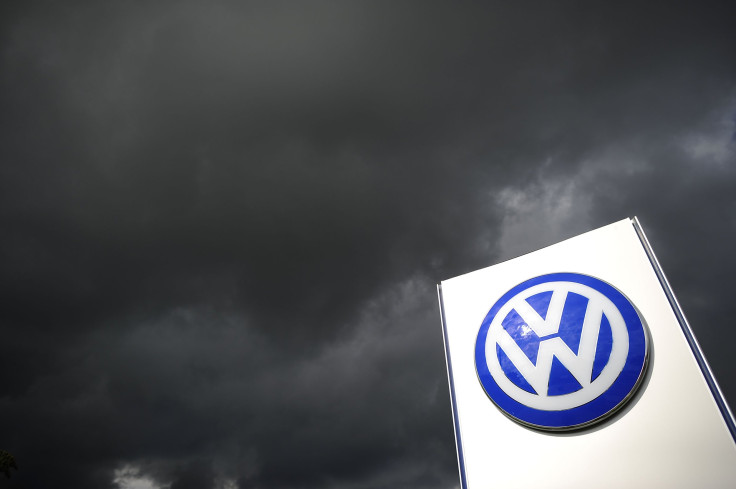Volkswagen's Emissions Fraud Will Contribute To At Least 60 Premature Deaths In America Alone

The fallout from the Volkswagen emissions scandal may hit even closer to home than previously thought, according to a new study published Thursday in Environmental Research Letters. It may someday contribute to the premature deaths of at least 60 Americans, if not more.
Earlier this September, it became public knowledge that the popular automobile manufacturing company had been fraudulently altering their diesel-fueled vehicles from 2008 to 2015 as a means of sneaking past government-mandated emissions testing. The gist of their cheat amounted to installing software that would detect when a car was undergoing emissions testing and then modify the level of nitrogen oxide (NOx) that its engine pumped out so that it could meet regulatory standards. Once the car left the laboratory, however, it would immediately return to its preset settings, making the car slightly more fuel-efficient at the cost of spewing out 10 to 40 times more NOx into the environment.
While no amount of NOx is particularly wholesome for humans, the researchers of this current study decided to take a look at how much extra pollution was being created unknowingly — at least to most everyone — as a result of this cheat, and what its effect on human health would be. After adjusting for variables like the risk factors inherent in one particular population over another, the level of preexisting pollution in an area, and how often a VW car would be driven in its lifetime, among others, they settled on an approximate estimate.
"We all have risk factors in our lives, and [excess emissions] is another small risk factor," said lead author Steven Barrett, an associate professor of aeronautics and astronautics at MIT, in a statement. "If you take into account the additional risk due to the excess Volkswagen emissions, then roughly 60 people have died or will die early, and on average, a decade or more early."
In addition to the early deaths, there would also be 31 cases of chronic bronchitis and 34 hospital admissions related to respiratory and cardiac health problems directly fueled by the excess pollution — not to forget the $450 million in economic costs. It’s estimated that close to 500,000 of these modified vehicles were sold in the United States, out of 11 million cars worldwide. That latter number suggests an ever higher toll on human health elsewhere.
"It seemed to be an important issue in which we could bring to bear impartial information to help quantify the human implications of the Volkswagen emissions issue," said Barrett on why his team performed their research. "The main motivation is to inform the public and inform the developing regulatory situation." Their numbers fall roughly in line with an analysis performed by the Associated Press and verified by experts like Carnegie Mellon environmental engineer professor Peter Adams earlier this October. They settled on a figure between 16 and 94 deaths over seven years.
Startlingly, the calculations run by Barrett and his colleagues’ only account for the emissions produced so far. His team also decided to figure out what would happen if the vehicles aren’t recalled or converted to fulfill their actual emissions standards. "If nothing's done, these excess emissions will cause around another 140 deaths," Barrett explained. "However, two-thirds of the total deaths could be avoided if the recalls could be done quickly, in the course of the next year."
The company has begun to arrange recall campaigns across the affected countries, but it remains to be seen how long this will ultimately take, particularly in the US.
Source: Barrett S, et al. Environmental Research Letters. 2015
Published by Medicaldaily.com



























